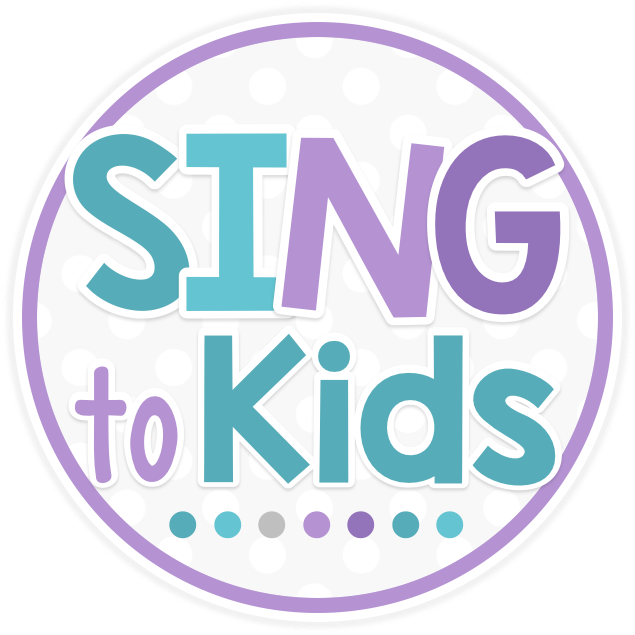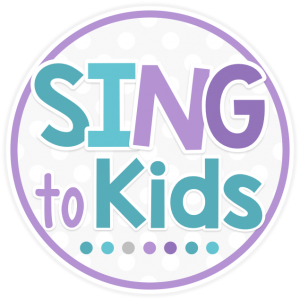
I was in my tenth year of teaching. It was late October and my I could feel my fall cold coming on. A little scratch in my voice, a few sniffles. Nothing that a seasoned teacher couldn’t handle, right? I did all the usual things: I drank tea and honey, I broke out the humidifier, I got lots of sleep. A week later, the cold passed, but my voice was gone. Not so much as a whisper. Nothing. Nada.
This went on for almost six weeks. Six weeks without a voice is a music teacher’s worst nightmare. I knew something was seriously wrong with my voice, but didn’t know what was wrong. After trying every home remedy I knew, I decided to take serious action. I made an appointment with the Vocal Health Clinic at the University of Michigan. It turned out to be the best thing I ever did. I met with an ENT, speech pathologist and retired voice teacher. The ENT scoped my throat and determined that the “cold” I had experienced was really a virus and it attacked one of my vocal cords. I watched on camera as one vocal cord vibrated, while the other one was still. It was fascinating and terrifying at the same time. The good news was that with some rehab (over the course of a few months), I was able to regain full use of my voice. I also learned some tips that have served me well throughout my career.
Drink Lots of Water
Seems so simple, right? Yet as teachers, we know drinking water means using the restroom. I get it. Drink it anyways. When I worked with the team from U of M, I was told repeatedly to drink water, and specifically, to drink water with electrolytes. Smart water became my water of choice. Here’s the bad news – I was also told to cut the caffeine. No coffee, no soda, no nothing. Me without my morning coffee is a very unpleasant experience, so my compromise is one cup of coffee in the morning, followed by water the rest of the day. It’s so important to keep yourself and your voice hydrated!
Keep Your Nasal Passages Moist
I know – ewe! Here’s my confession: I have nasal spray in my purse always. You need to keep your nasal passages moist. Talk to any singer or vocal coach and they will tell you the same thing. It’s the same reason I run a humidifier in my bedroom all winter long. Healthy nasal passages, healthy singer! Spray away!
Stop Singing With Your Kids
It sounds terrible, doesn’t it? But seriously, stop! Sing FOR your students, not WITH them. The reasons are simple: 1) When you sing with your children, you foster dependency. We all know students split-second imitate while singing. Teach your students the song, then listen to them sing. Make corrections, then listen again. That process fosters musical independence! 2) You create pockets of vocal rest within each class. Your voice desperately needs those moments of rest. Take advantage of them!
Stop Talking Over Your Kids
Let’s get real – we all do it. Everyone of us has those moments of frustration where we raise our voices over our students to be heard. Stop. There are a many reasons why we shouldn’t talk over our students, but prolonged yelling can damage your vocal cords. Find other strategies to get your students’ attention.
Warm Up Your Vocal Cords
This was my biggest “duh” moment of my vocal rehabilitation. Your vocal cords are two tiny muscles that vibrate. When I work out, I know I need to stretch and warm up my body before I begin strenuous exercise. Professional singers sing vocal warm-ups before every performance. Why wouldn’t we do the same? I start every morning with vocal warm-ups. I want to make sure my voice is ready for a full day of singing and speaking for my students.
Use an Amplification System When Possible
When I lost my voice, I did not have a teacher amplification system. Having one wouldn’t have prevented what happened to me, but I do believe it’s a necessity for every music teacher. Once my voice was rehabilitated, my family physician wrote a letter to my district requesting the system. Now, it seems commonplace that every classroom have an amplification system. If you don’t have one, there are inexpensive systems you can purchase that plug into amps or other speaker systems. Ask your PTA or write a DonorsChoose project! Get yourself a system to help preserve your voice.
Do you have a tried and true vocal health tip? Share it in the comments below!





Any recommendations for a decent amplification system? My principal insisted I get one to help save my voice. Yes, I feel very fortunate! I'd love to have one that is wireless. Bonus points if a link is included.
I use a lavalier microphone hooked up to a bluetooth speaker. The bonus is that I can use the bluetooth speaker for music as well. Win win! Here are some links to the ones I use.
https://www.amazon.com/Samson-Expedition-Rechargeable-Battery-Bluetooth/dp/B00HXE4BVU/ref=pd_lpo_267_tr_t_3?_encoding=UTF8&psc=1&refRID=GS96VDCVB40QTPGN6455
https://www.amazon.com/Shure-PG14-Wireless-Lavalier-System/dp/B000J36ETE
With the new school year's schedule–most challenging of my 23 years teaching–I went to an ENT/Laryngologist in September. He scoped me (to have a baseline before the school year really got into full swing) and didn't find anything terribly concerning. He did find that my vocal cords were bowing (weakness) and that I had some poor habits with my speaking voice (some fry register and speaking in back of throat instead of 'forward'). I've been in regular vocal therapy with a speech therapist and can definitely notice a positive difference. Your tips are great reminders for everyone! This topic isn't given near enough attention (IMHO).
Oh my gosh. Me, this is me. Thanks for the reminder